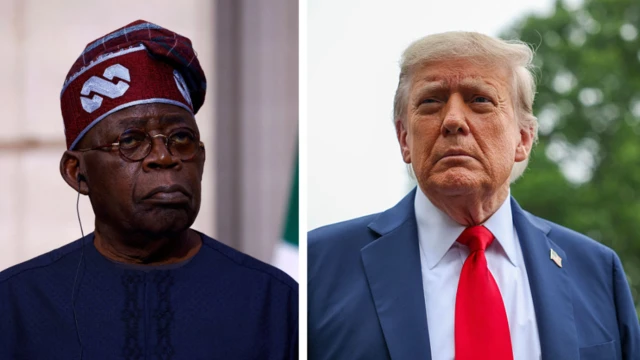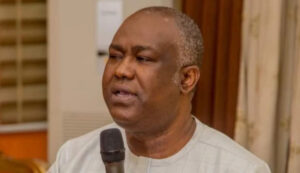The United States government has released a fresh travel advisory asking its citizens to reconsider visiting Nigeria. This comes due to growing safety concerns such as terrorism, kidnapping, armed gangs, and poor healthcare services.
This warning is part of a general review of travel safety around Africa, where the US lists countries that pose serious security risks to travelers.
Besides Nigeria, 11 other African countries were also mentioned in the advisory. These include Somalia, Libya, South Sudan, Chad, Niger, Uganda, Congo, Mauritania, Guinea-Bissau, Burkina Faso, and Burundi.
The US travel advisory uses four levels to rate the risk of visiting a country. Level Four means “Do Not Travel,” the highest level of danger. Level Three, which Nigeria falls under, means “Reconsider Travel.”
According to the US Embassy in Nigeria, every part of the country carries some level of security risk. They particularly warned about 18 Nigerian states and advised American citizens to completely avoid those areas.
These include Borno, Yobe, Kogi, and parts of Adamawa due to terrorism and kidnappings. Others like Bauchi, Gombe, Kaduna, Kano, Katsina, Sokoto, and Zamfara were flagged for high levels of kidnapping. The South-East and South-South states – Abia, Anambra, Bayelsa, Delta, Enugu, Imo, and Rivers – were warned against because of crime, gangs, and insecurity.
The statement emphasized that violent crimes are widespread in Nigeria. Armed robbery, assaults, carjackings, kidnappings, and rape happen often, especially on highways and in urban centers.
Kidnappers usually target people with dual citizenship and those believed to be wealthy. Criminals also stop and kidnap travelers on major roads between states.
Terrorist attacks remain a real threat in the country. Terror groups still plan and carry out attacks, sometimes teaming up with local gangs. These attacks can happen suddenly in public places like markets, churches, schools, malls, hotels, government offices, and restaurants.
In the southern parts of Nigeria, especially the Niger Delta and South-East, civil unrest and gang violence are also big concerns. These groups regularly carry out kidnappings and attacks, including targeting police and government officials.
Another major issue raised is the poor state of healthcare in Nigeria. The US government said medical care in the country is far below what is available in the United States or Europe. Many basic medicines are often unavailable, even those used to treat asthma or diabetes.
Travelers are advised to bring enough medication to last throughout their stay. Also, vaccines should be updated to include yellow fever, typhoid, cholera, hepatitis A and B, meningitis, and a polio booster.
The US also stressed the importance of taking malaria medication, as Nigeria has a high risk of malaria. Counterfeit drugs are another major problem. Hospitals often require immediate cash payment, and they don’t accept US health insurance.
Emergency services are weak or unreliable. Ambulances are poorly equipped and usually have no trained medical staff. Blood supplies for treatment are also not guaranteed.
Because of all these challenges, the US government strongly advised anyone planning to visit Nigeria to buy full travel and medical evacuation insurance in advance.







